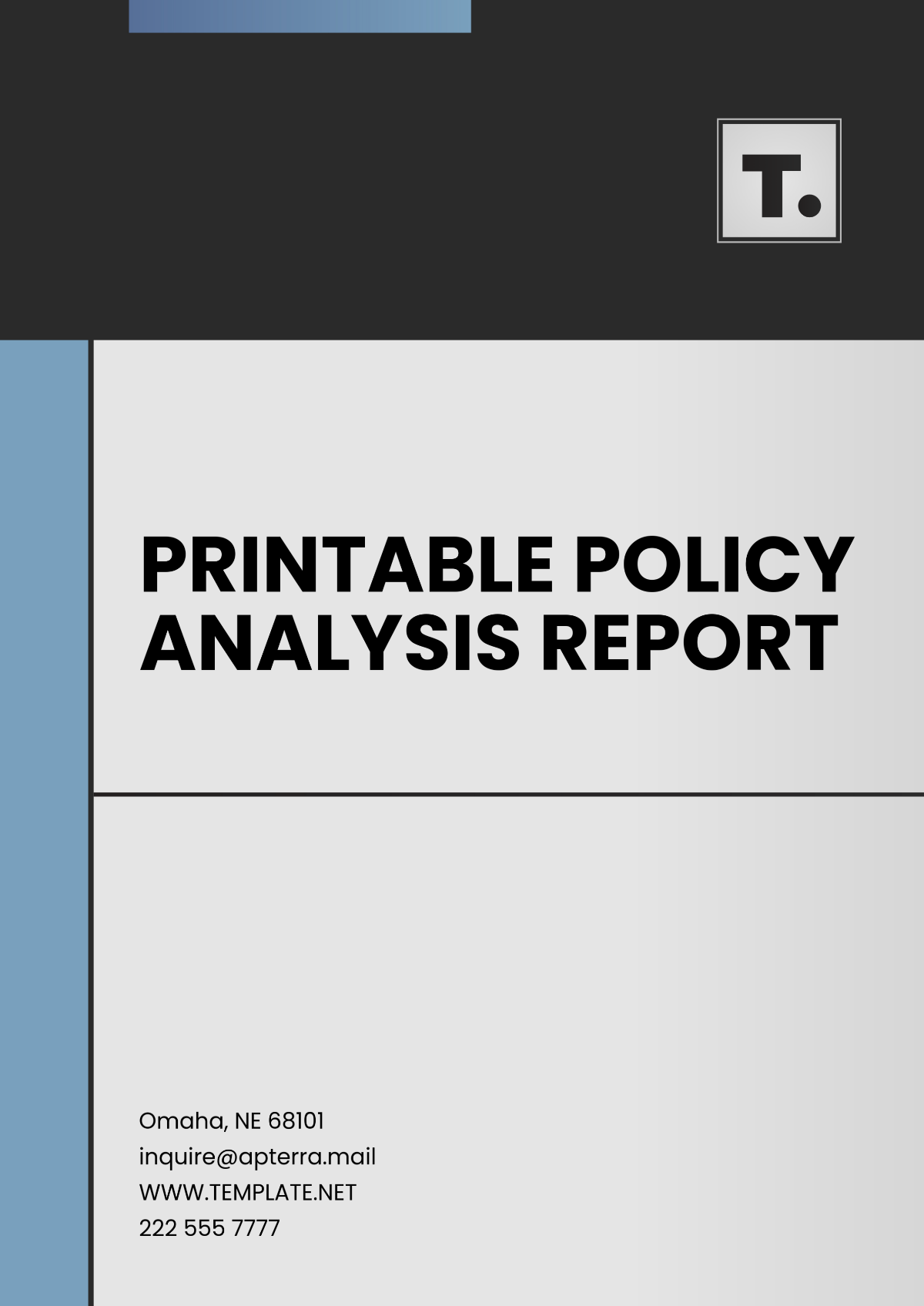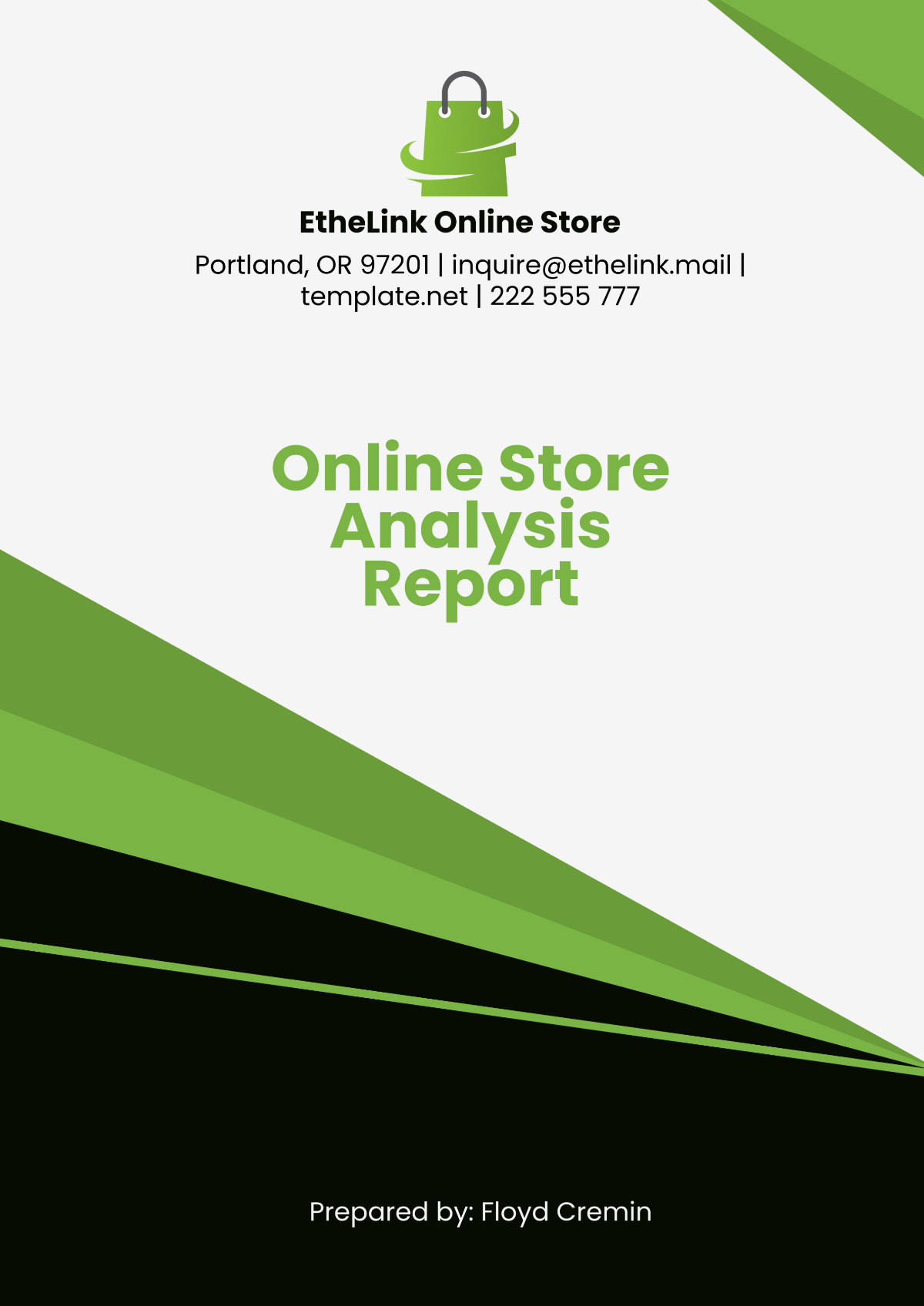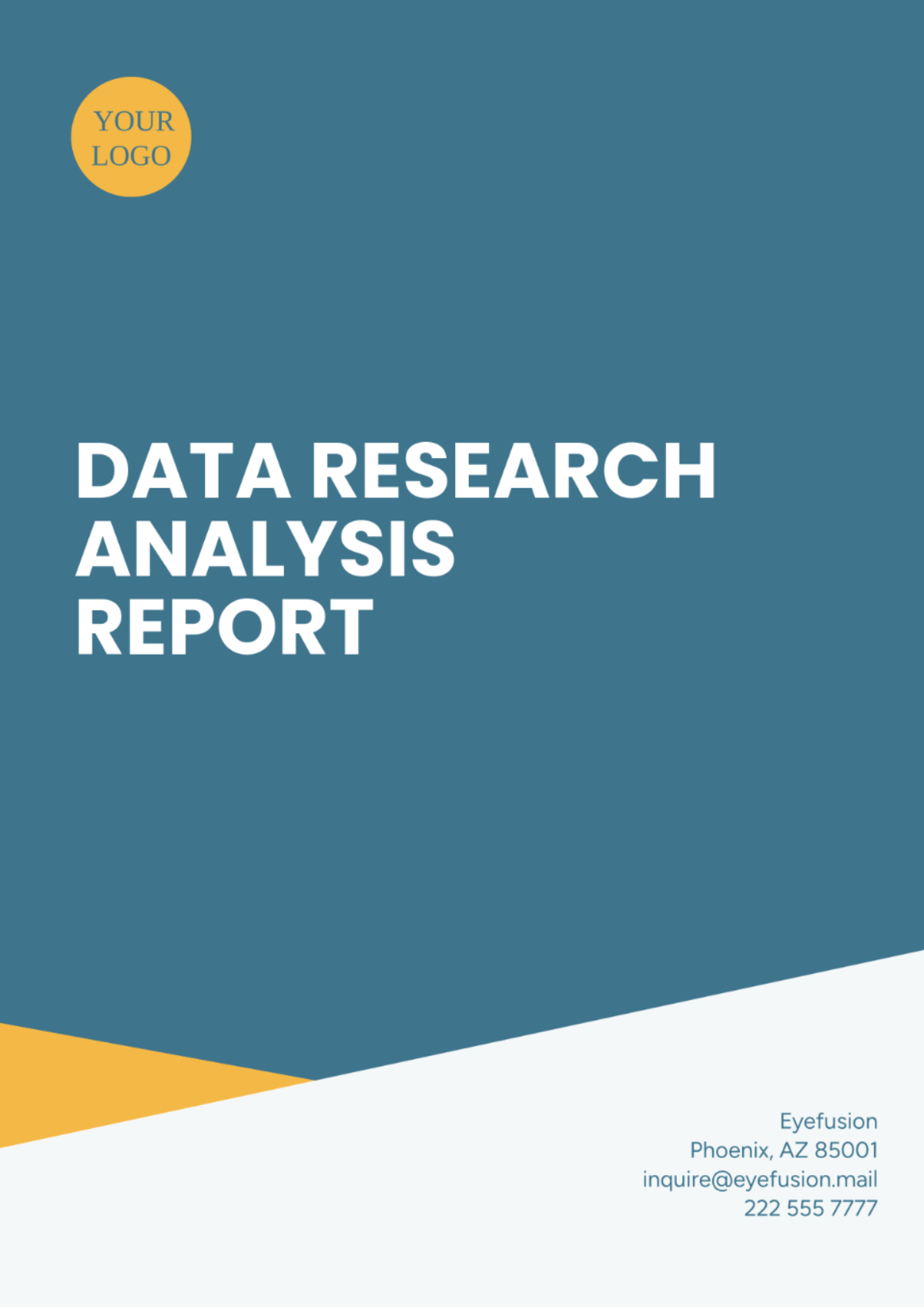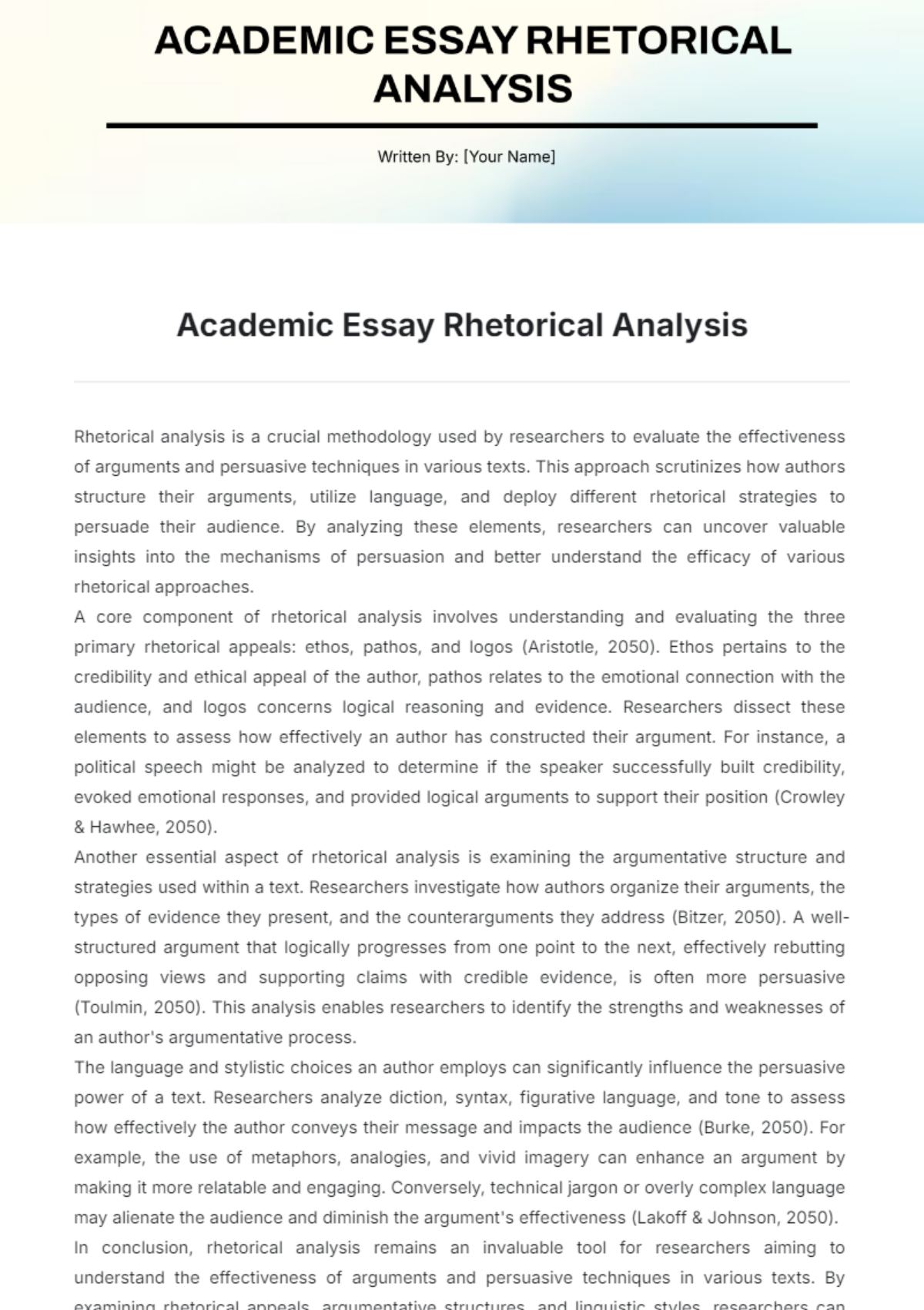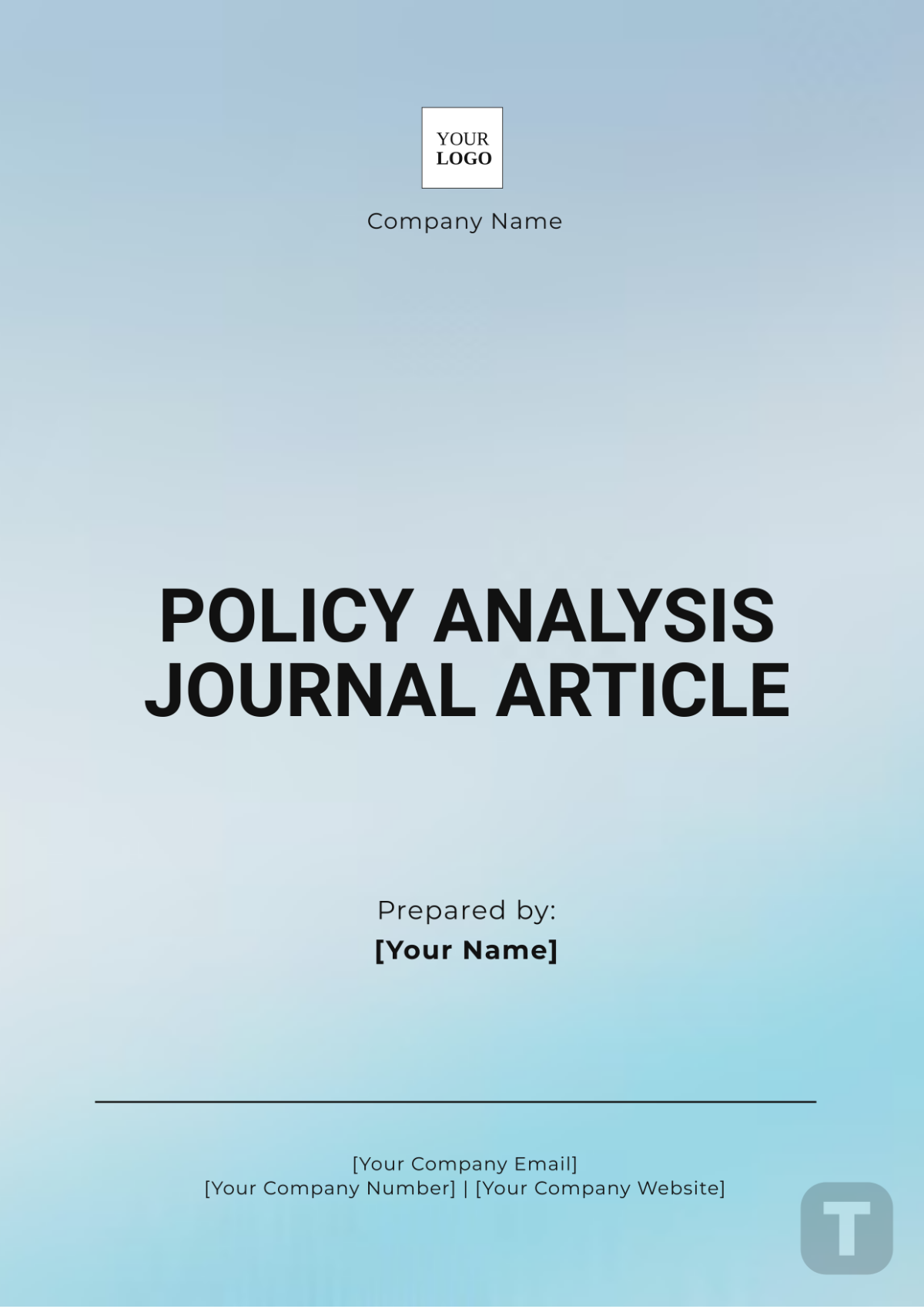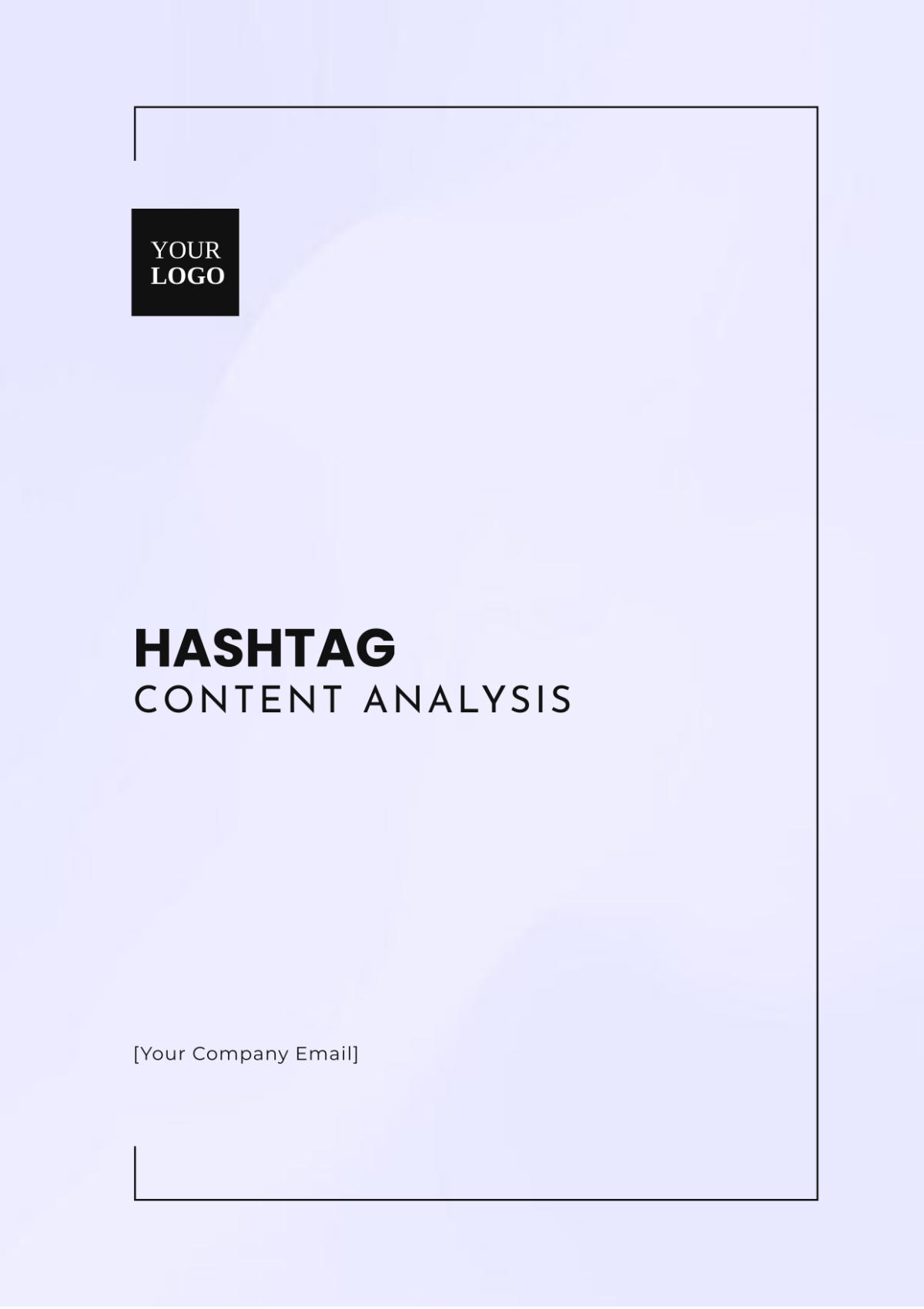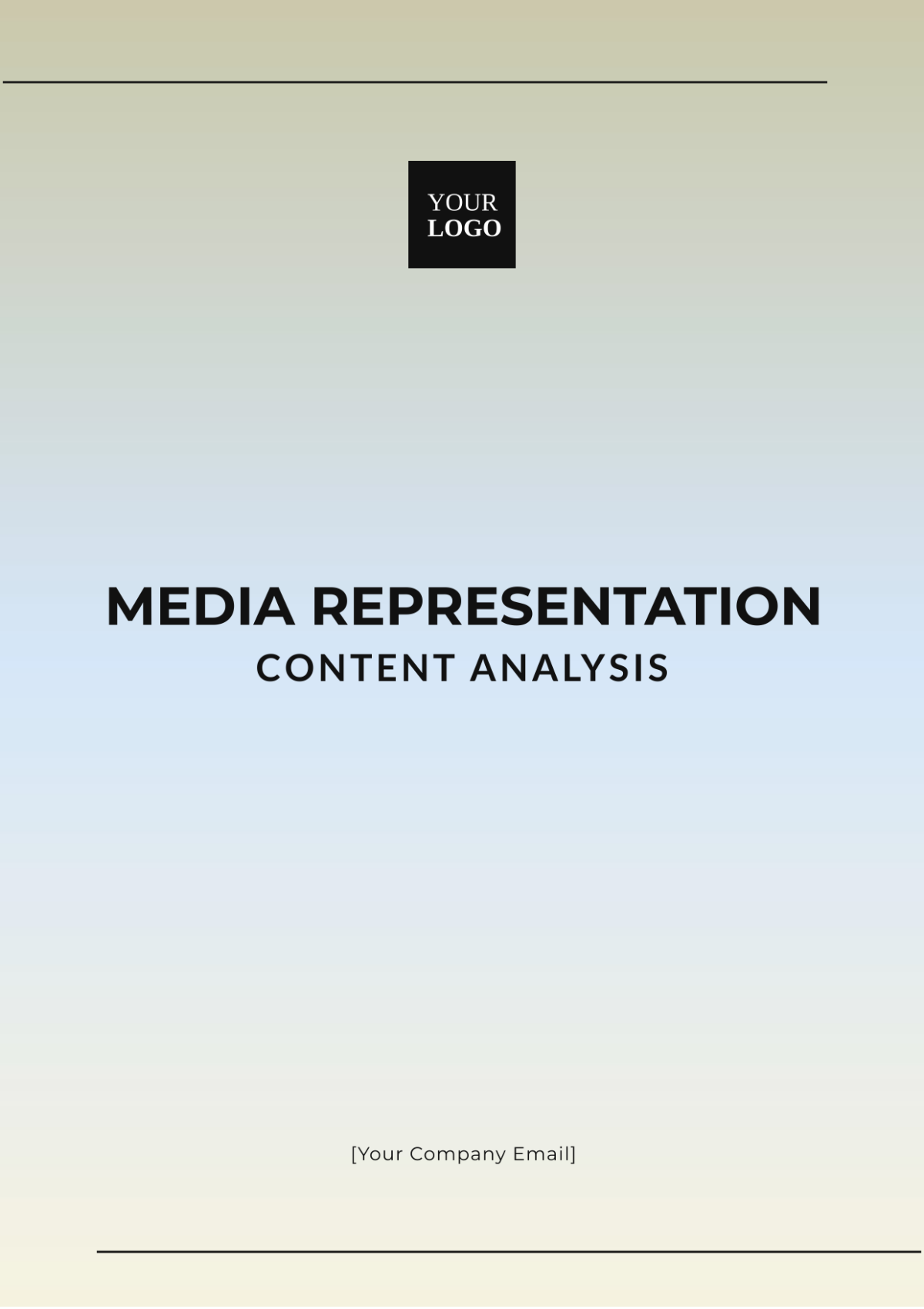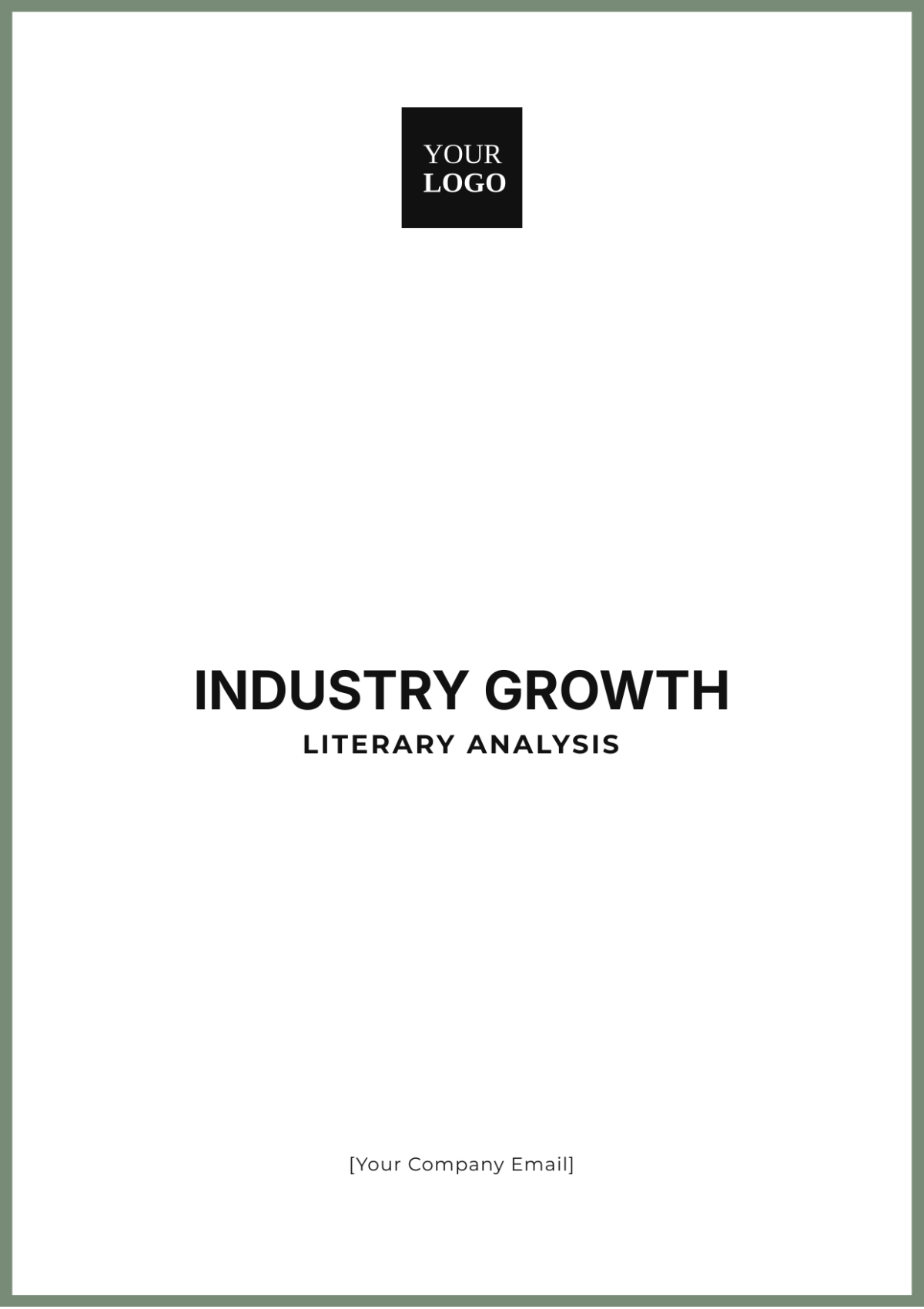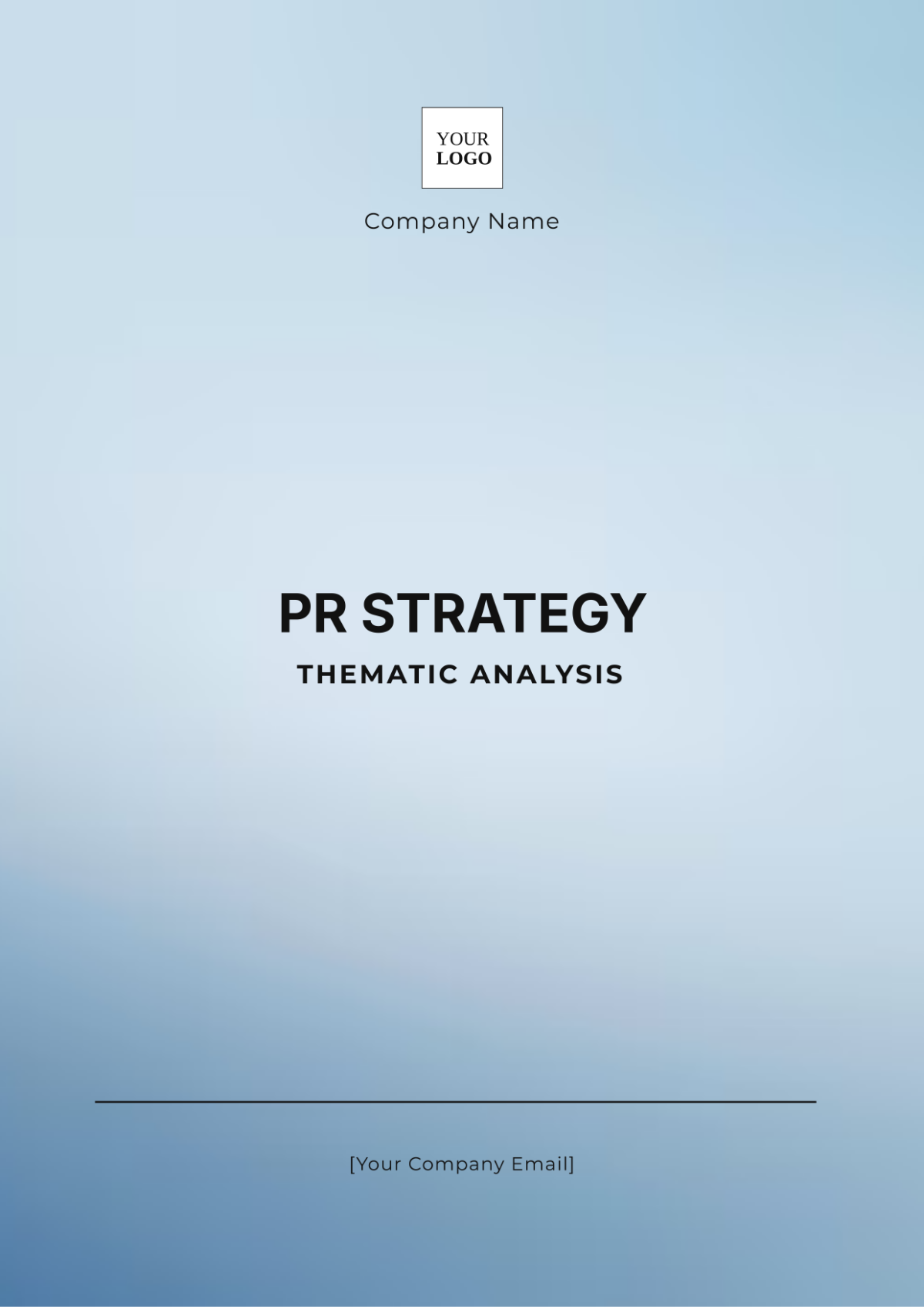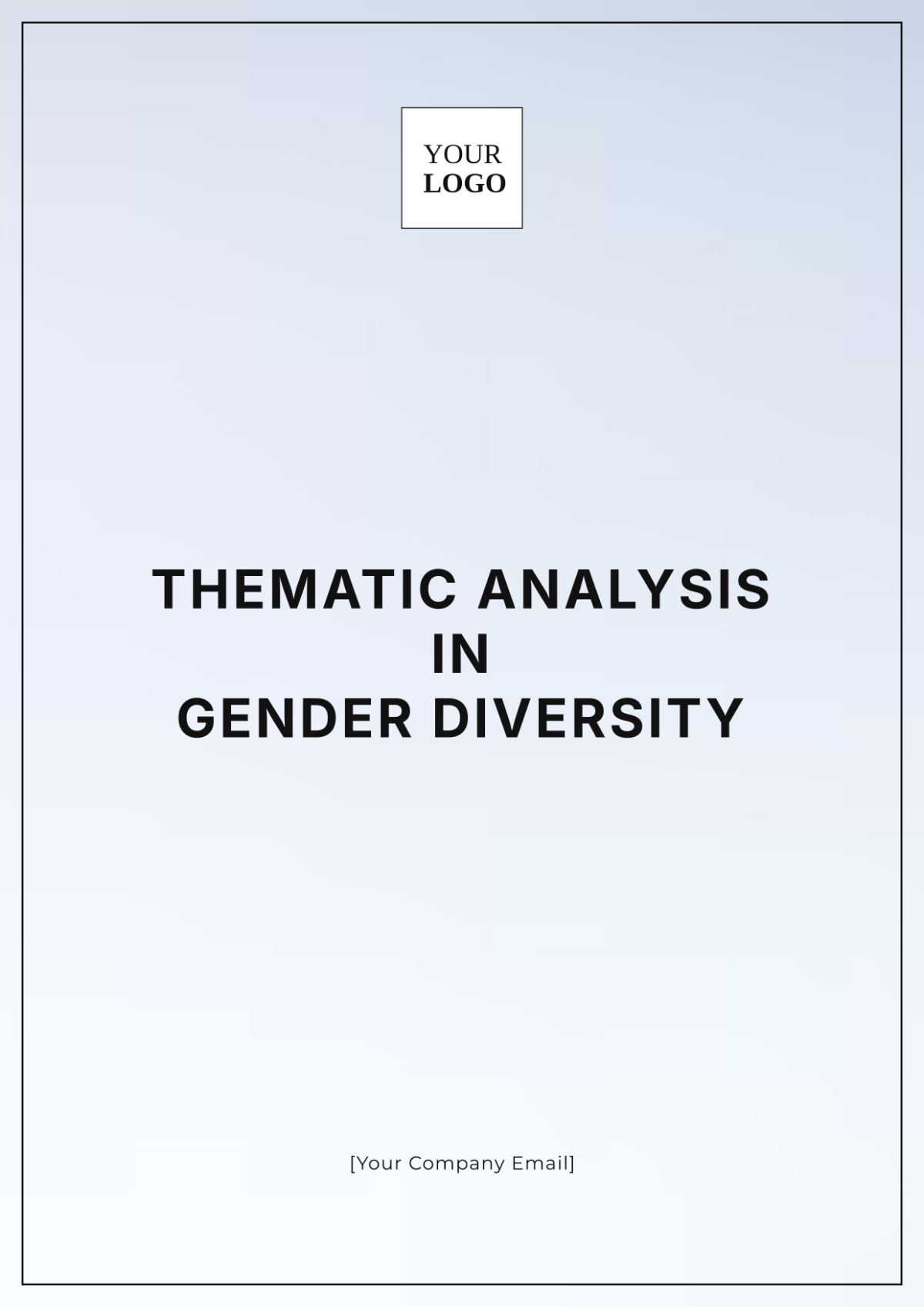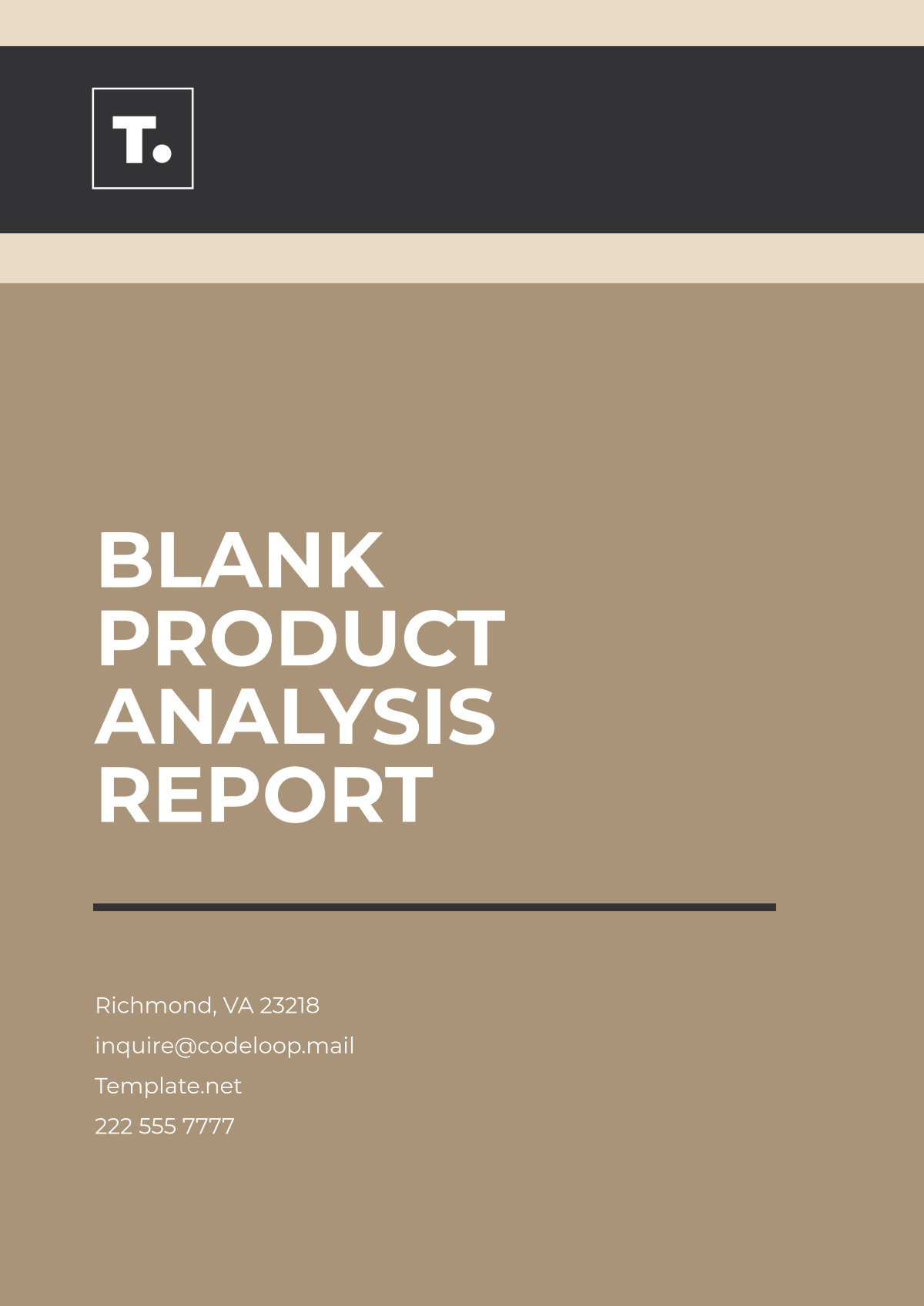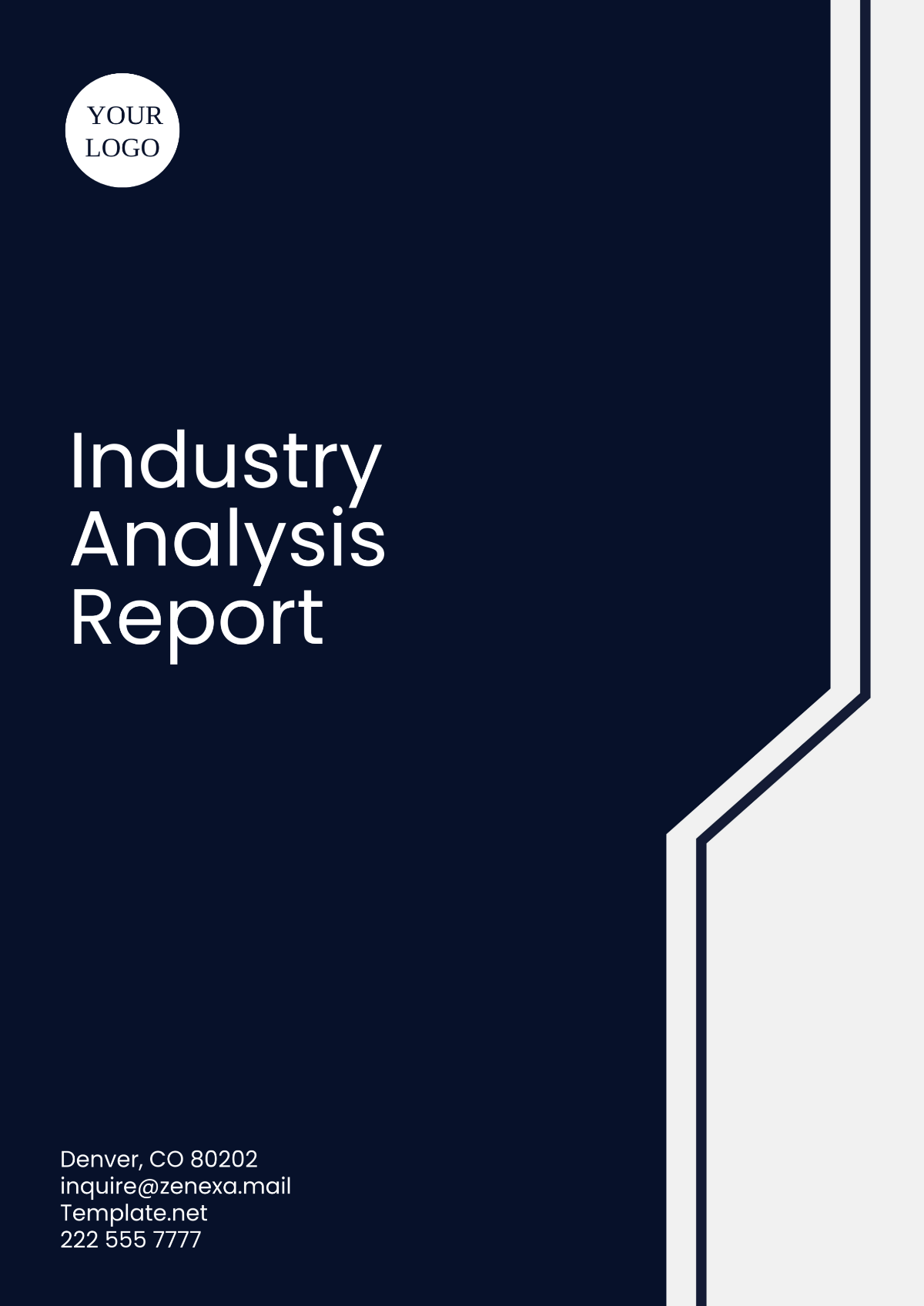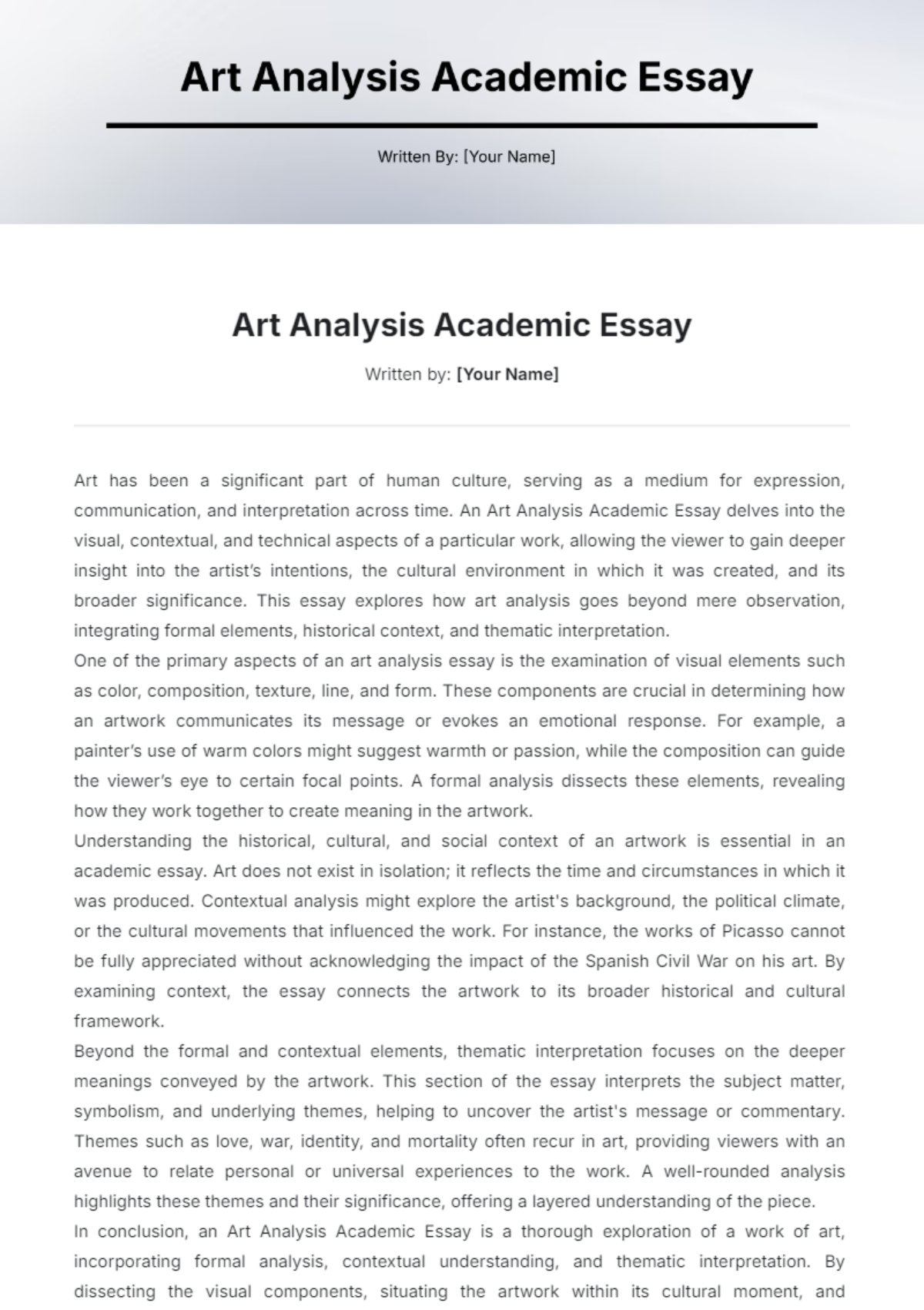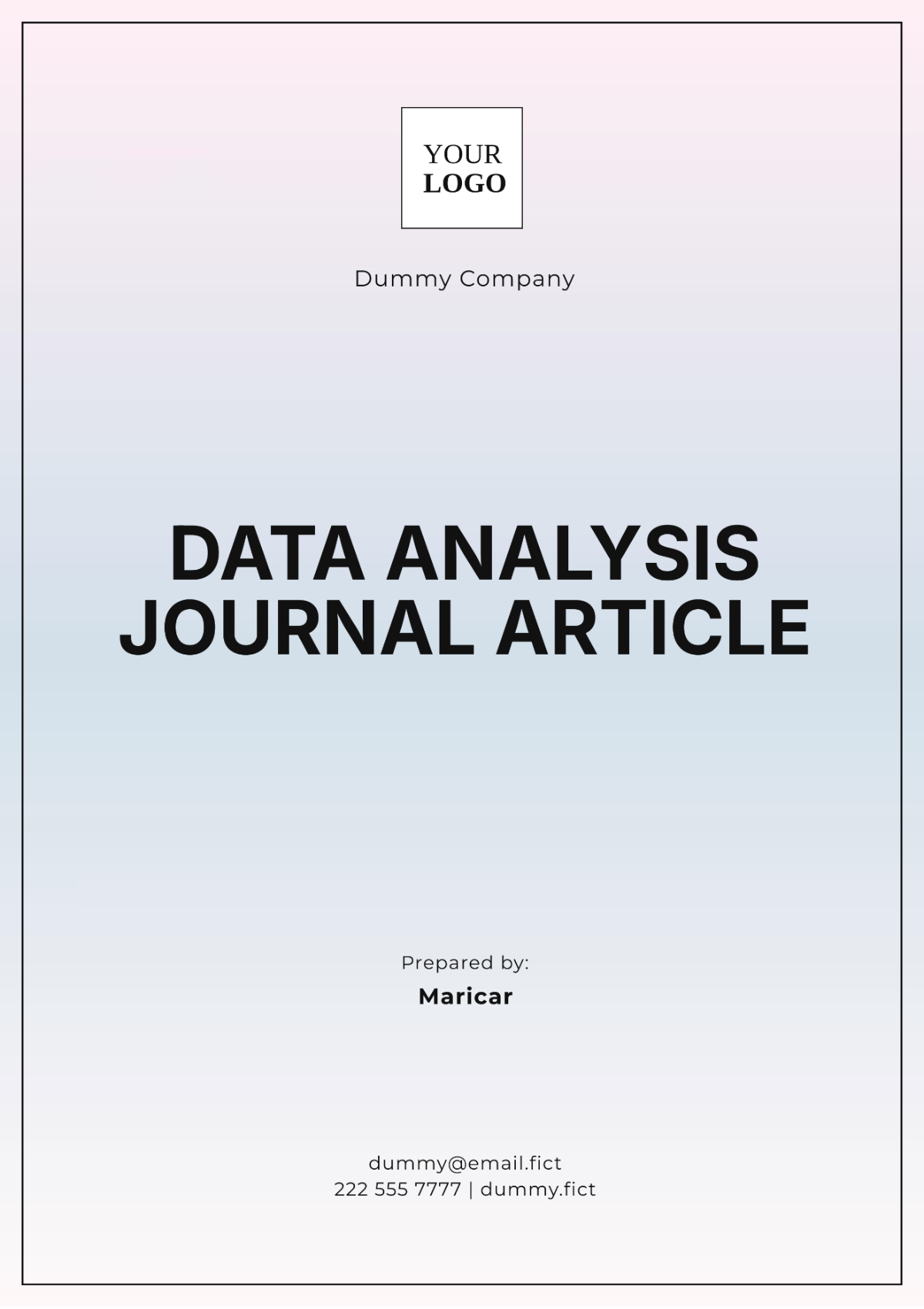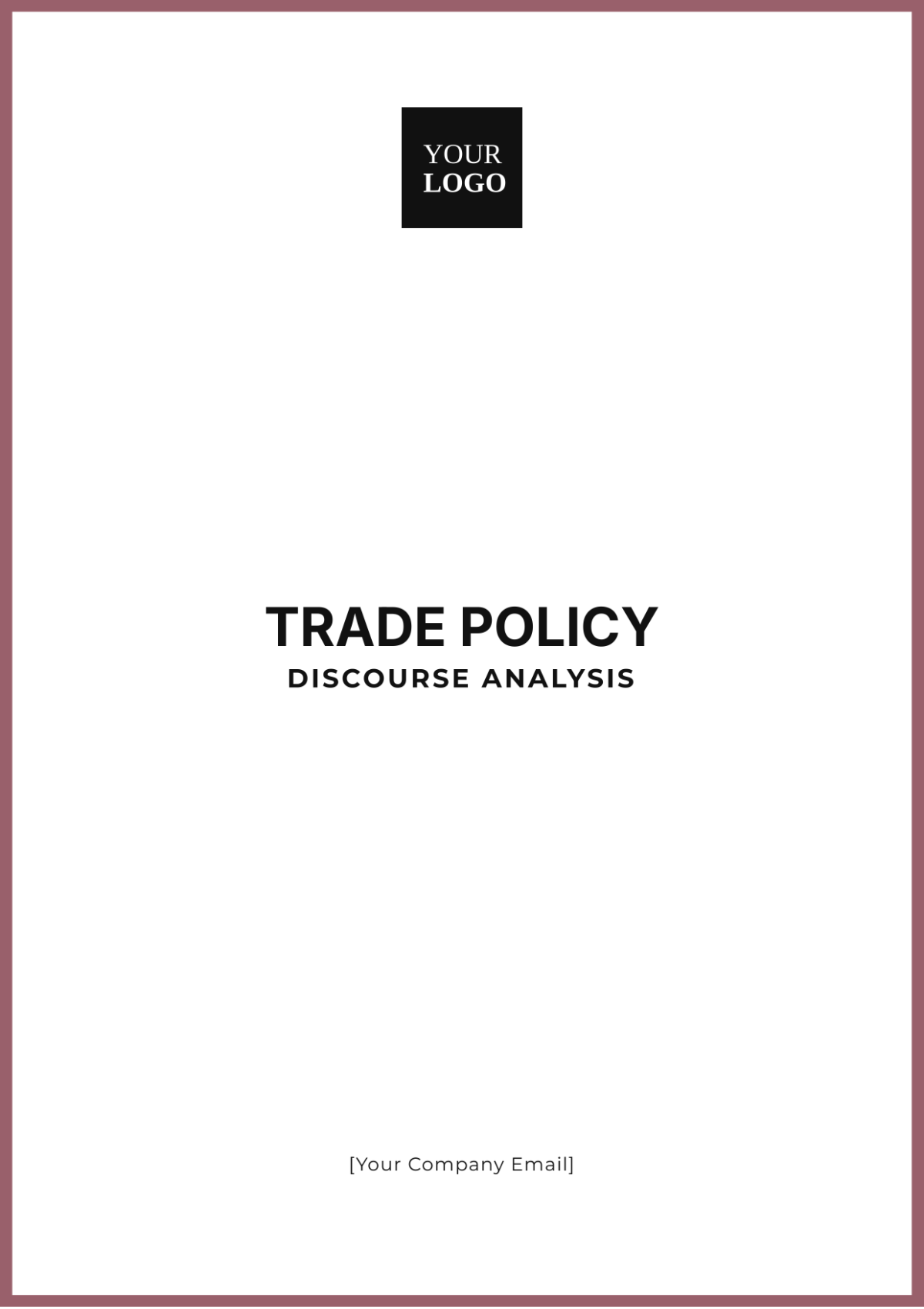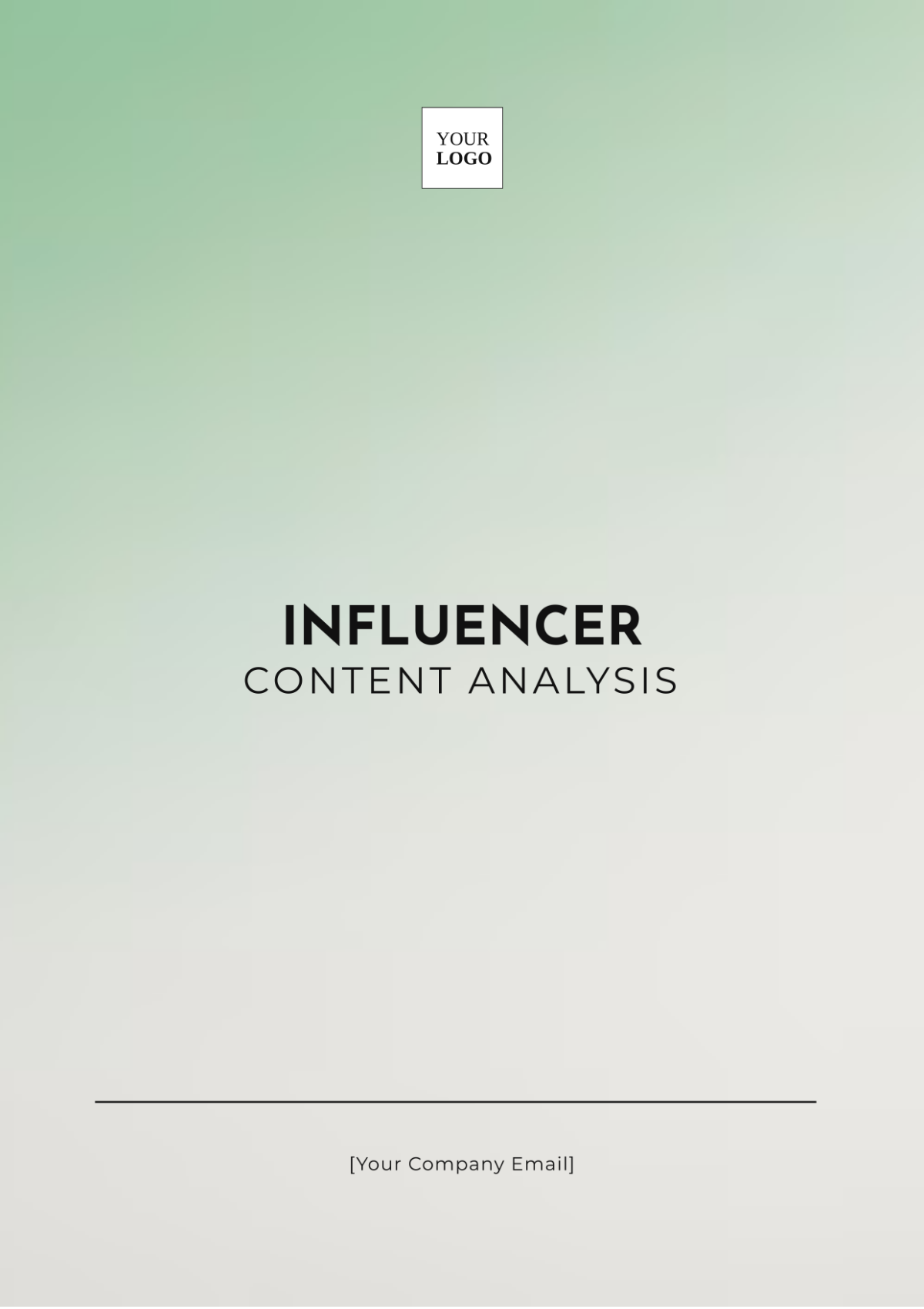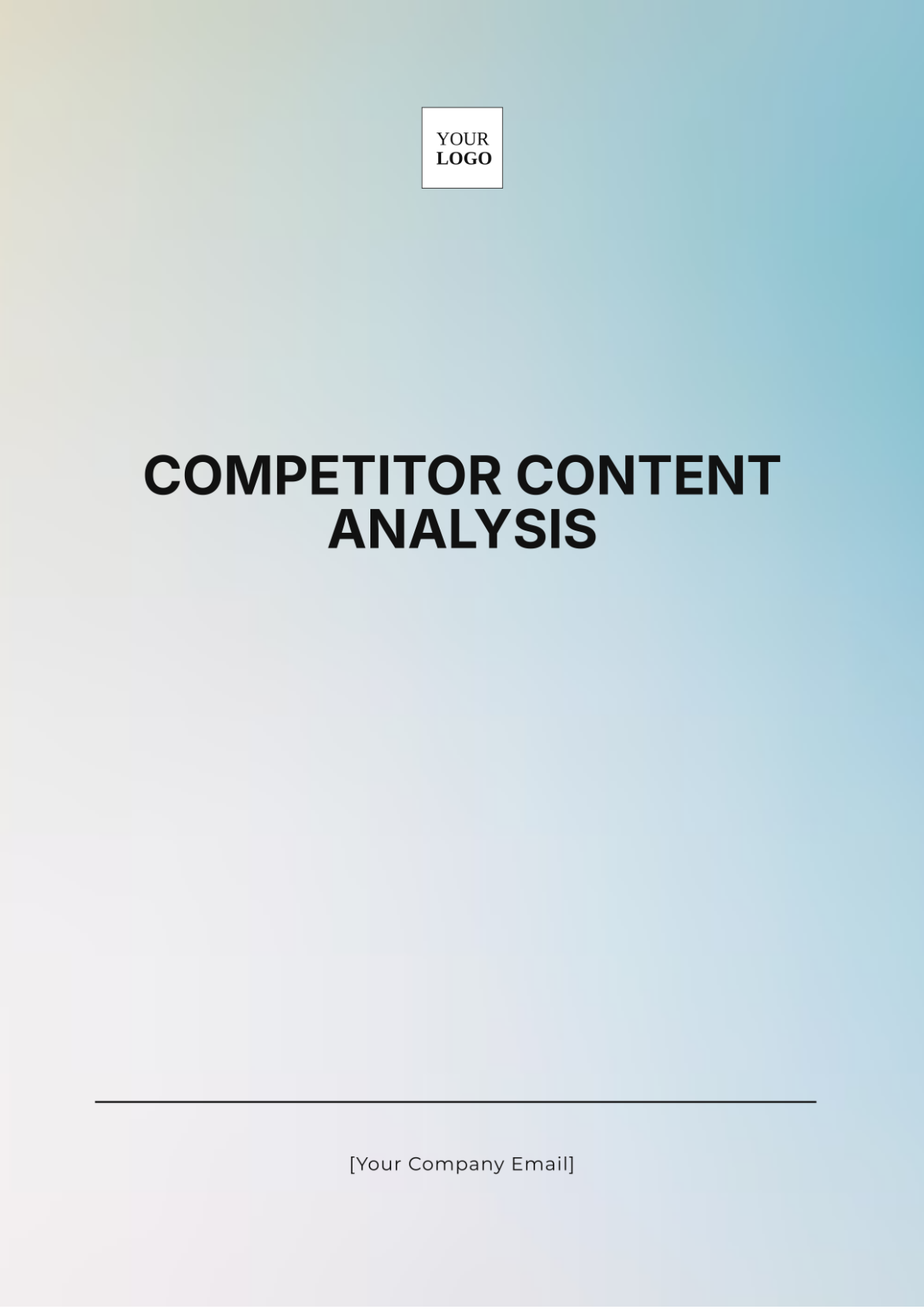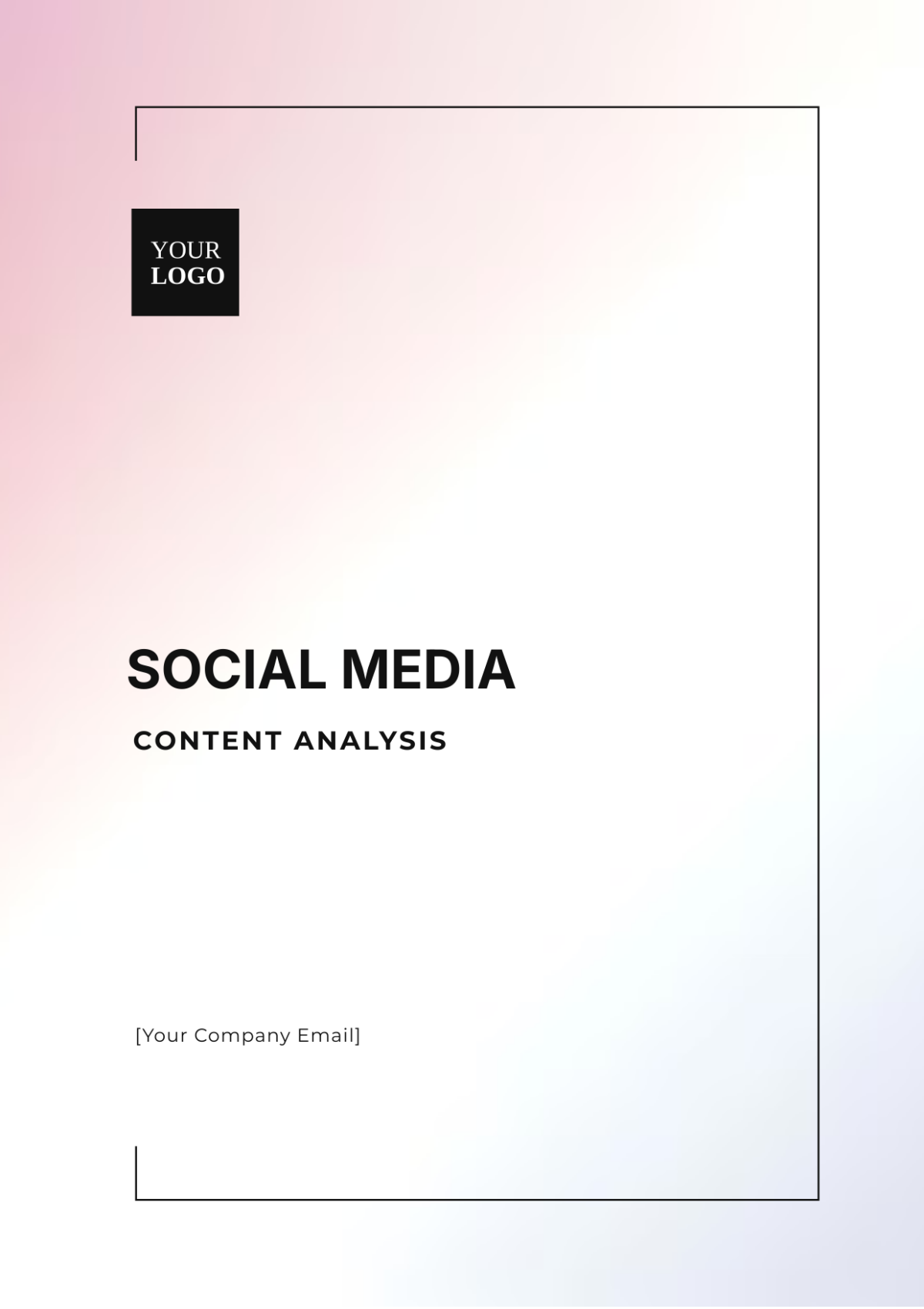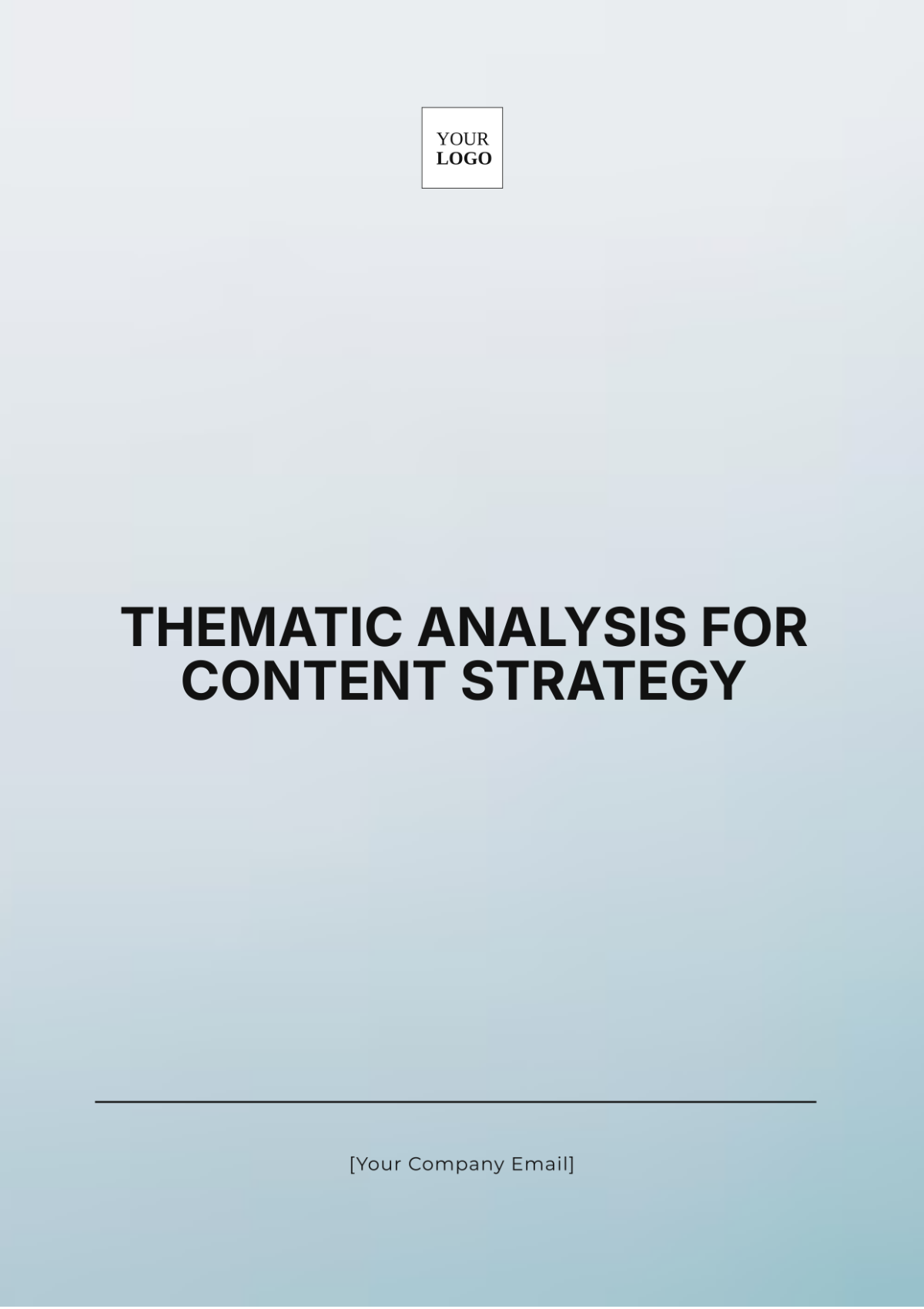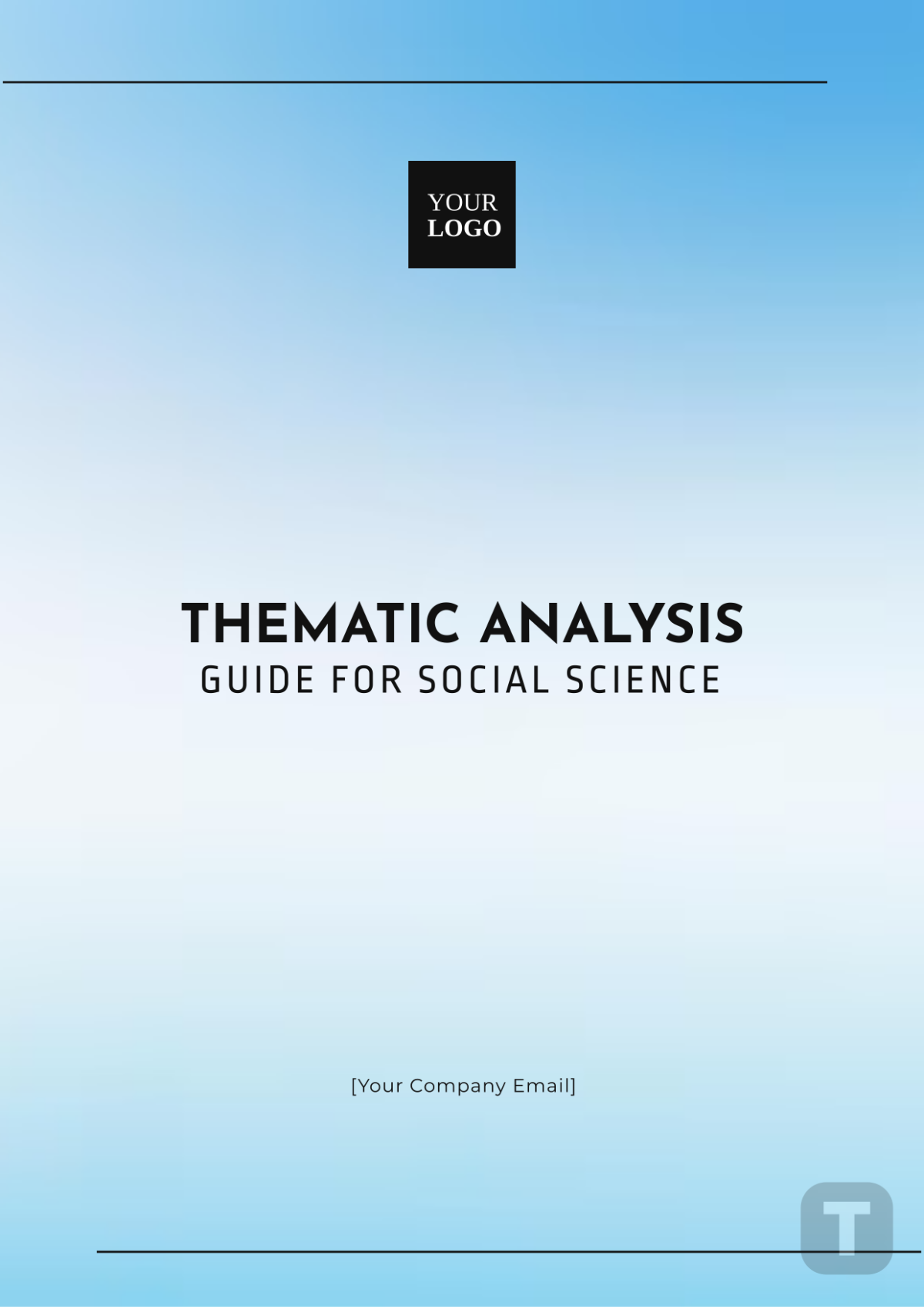Hashtag Content Analysis
Prepared By: [Your Name]
Company: [Your Company Name]
1. Introduction
The hashtag #EcoFriendlyProducts has gained prominence on social media platforms as consumers increasingly focus on sustainability. This Hashtag Content Analysis evaluates the usage, effectiveness, and impact of the hashtag across Instagram and Twitter to understand its role in promoting eco-friendly products and practices. Insights from this analysis can guide marketing strategies, enhance campaign effectiveness, and improve brand visibility.
2. Methods of Analysis
2.1 Frequency of Use
The frequency of use metric quantifies how often the hashtag #EcoFriendlyProducts is mentioned over a given period, reflecting its popularity and relevance.
Hashtag | Frequency of Use | Period |
|---|---|---|
#EcoFriendlyProducts | 25,000 | Last 30 days |
Analysis: The hashtag #EcoFriendlyProducts has been used 25,000 times in the past 30 days, indicating strong engagement and growing interest in sustainable products.
2.2 Context of Appearance
The hashtag #EcoFriendlyProducts is predominantly used in posts that discuss product reviews, eco-friendly packaging, sustainable living tips, and brand promotions focused on environmental responsibility.
Analysis: The context reveals that #EcoFriendlyProducts is primarily leveraged to highlight and promote products and brands dedicated to sustainability. This indicates that the hashtag effectively connects with users interested in eco-friendly lifestyle choices, fostering engagement and discussions about green products and practices. By focusing on these themes, the hashtag helps to build a community around shared values of environmental responsibility and sustainability.
2.3 User Engagement Levels
User engagement metrics such as likes, shares, comments, and retweets provide insights into how well the hashtag resonates with the audience.
Hashtag | Likes | Shares | Comments | Retweets |
|---|---|---|---|---|
#EcoFriendlyProducts | 52,000 | 22,000 | 8,300 | 4,500 |
Analysis: The hashtag #EcoFriendlyProducts shows high levels of engagement, indicating that content tagged with this hashtag attracts significant user interaction and interest.
2.4 Overall Sentiment
Sentiment analysis determines the emotional tone behind posts containing the hashtag, categorized into positive, negative, or neutral.
Hashtag | Positive | Neutral | Negative |
|---|---|---|---|
#EcoFriendlyProducts | 75% | 15% | 10% |
Analysis: The majority of sentiments related to #EcoFriendlyProducts are positive, indicating a favorable perception of sustainable products. The neutral and negative sentiments generally involve concerns about product price and availability.
3. Findings
Usage Trends: The increasing frequency of the hashtag suggests that it is becoming a popular choice for discussions about eco-friendly products, possibly driven by recent marketing campaigns and growing environmental awareness.
Engagement Insights: The high levels of likes, shares, and comments demonstrate strong user engagement and interest in the topic. The hashtag has successfully resonated with a large audience.
Sentiment Overview: The predominance of positive sentiment indicates that the hashtag is associated with a favorable perception of eco-friendly products, though some concerns need addressing.
4. Recommendations
Enhance Engagement: Continue to use #EcoFriendlyProducts in social media campaigns to capitalize on its growing popularity and maintain high engagement levels.
Address Concerns: Address common concerns related to product cost and availability in marketing messages to improve sentiment and customer satisfaction.
Monitor Trends: Regularly monitor the hashtag to identify new trends and adapt strategies accordingly, ensuring continued relevance and impact.
5. Conclusion
The analysis of #EcoFriendlyProducts reveals its effectiveness in promoting sustainable products and generating significant user engagement. The positive sentiment associated with the hashtag reflects a strong alignment with consumer values and interests. By leveraging these insights, brands can optimize their social media strategies and enhance their impact in the sustainability sector.


